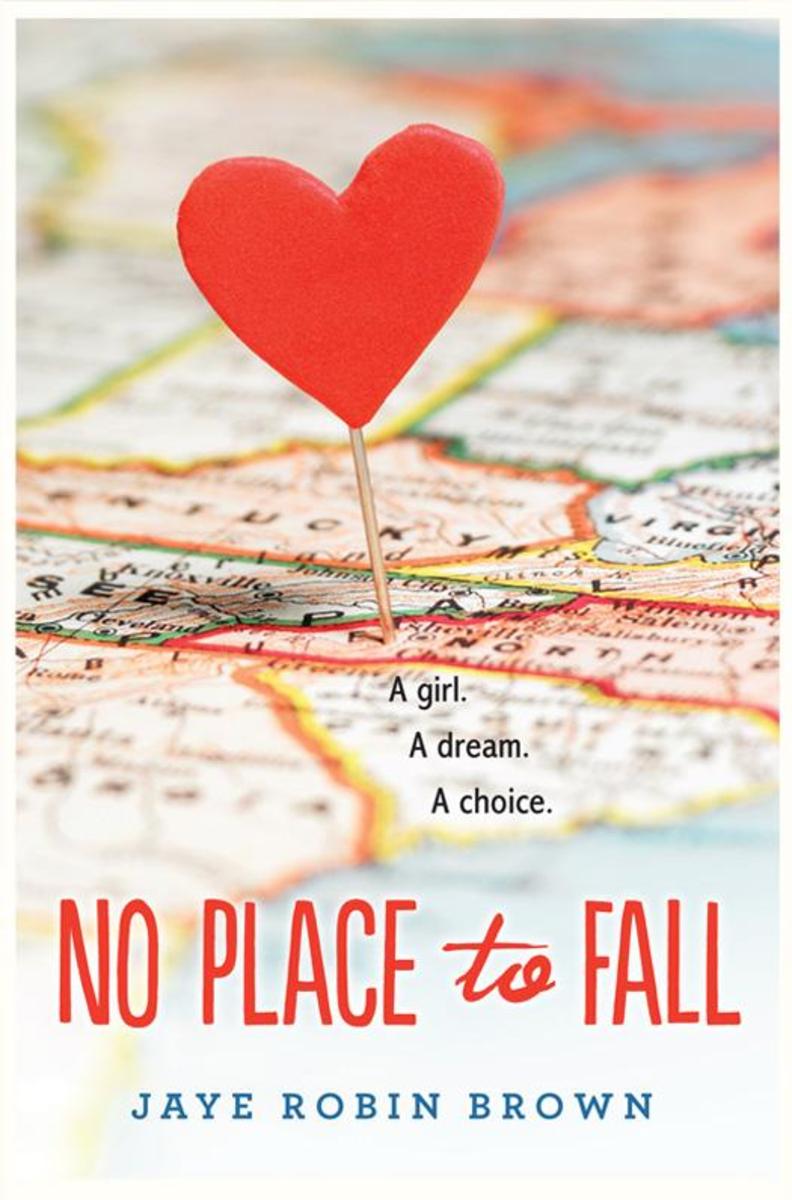
No Place to Fall
¥101.00
The Sky Is Everywhere meets This Lullaby in a sexy and poignant debut novel about family, friendships, and first romance.Amber Vaughn is a good girl. She sings solos at church, babysits her nephew after school, and spends Friday nights hanging out at the house of her best friend, Devon. But when she learns about an audition at a prestigious arts school, Amber decides that her dream—to sing on bigger stages—could also be her ticket to a new life. Devon’s older brother, Will, helps Amber prepare for her one chance to try out. The more time Will and Amber spend together, the more complicated their relationship becomes . . . and Amber starts to wonder if she’s such a good girl, after all.Then, in an afternoon, the bottom drops out of her family’s world—and Amber is faced with an impossible choice between her promise as an artist and the people she loves. Amber always thought she knew what a good girl would do. But between right and wrong, there’s a whole world of possibilities.
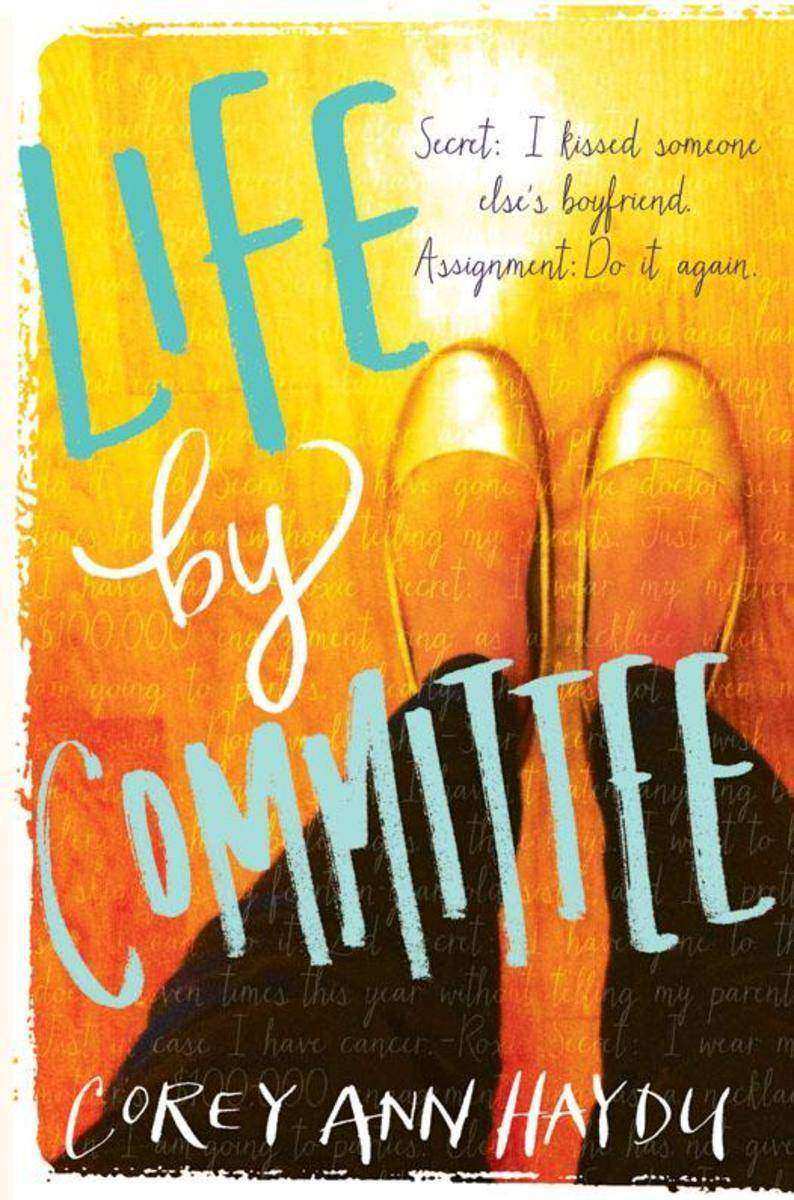
Life by Committee
¥56.08
Secret: I kissed someone else's boyfriend. Assignment: Do it again.Like most who find Life by Committee, Tabitha is a little lost. Her best friend has ditched her, her Vermont town is feeling way too small, and she's falling head over heels for a guy named Joe—who already has a girlfriend. Just when Tab is afraid she'll burst from keeping the secret of Joe inside, she discovers Life by Committee. The rules of LBC are simple: tell a secret, receive an assignment. Complete the assignment to keep your secret safe. Tab likes it that the assignments push her to her limits, empowering her to live boldly and go further than she'd ever go on her own. But in the name of truth and bravery, how far is too far to go?Perfect for fans of E. Lockhart and Jennifer E. Smith, Life by Committee is a fresh, vibrant novel about the power of wanting, the messiness of friendship, and the truths we hide and share.
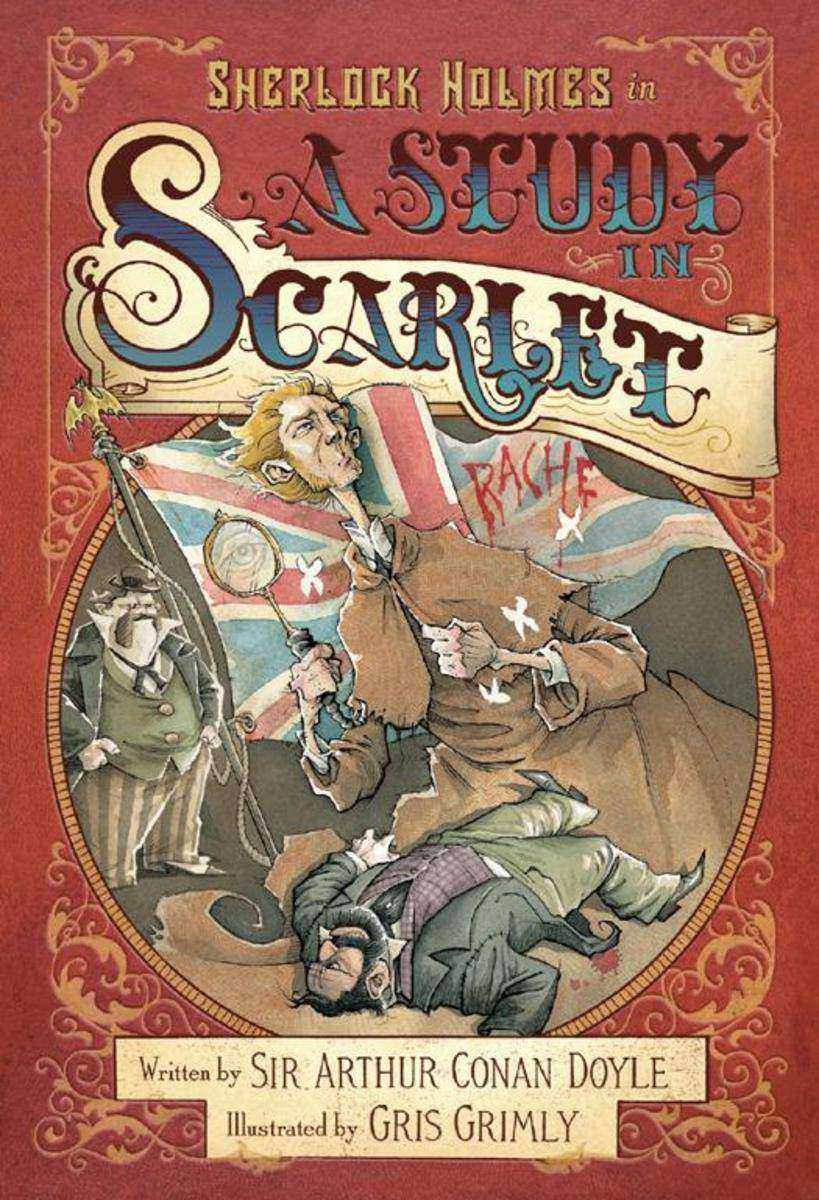
A Study in Scarlet
¥101.00
Sir Arthur Conan Doyle's first novel—and the origin story of Sherlock Holmes and John Watson—is reimagined in the first unabridged, fully illustrated version since its debut, by acclaimed and bestselling illustrator Gris Grimly.The year is 1881. The city, London. A man lies dead in an empty house, not a mark upon him, and no clues—save for the word "RACHE" scrawled in blood on the wall above. Elsewhere, two men—a former army doctor called John Watson and a brilliant eccentric called Sherlock Holmes—meet for the first time. These two events set in motion an adventure into the darkest corners of men's hearts as the cold, calculating investigative methods of Mr. Holmes are put to the test in a case that spans decades and continents, rife with danger and intrigue.Originally published in 1887, A Study in Scarlet was the first novel to feature a character whose name would become synonymous with the art of deduction. Today it is completely reimagined with artwork by the modern master of gothic romanticism, Gris Grimly, bringing this thrilling tale of love and revenge to a new generation of readers.

Mars Evacuees
¥44.25
From bestselling UK author Sophia McDougall comes one fresh and funny adventure-filled tween debut about a group of kids evacuated to Mars! Perfect for fans of Artemis Fowl, this laugh-out-loud series is packed with nonstop fun.When Earth comes under attack by aliens, hilarious heroine Alice Dare and a select group of kids are sent to Mars. But things get very strange when the adults disappear into thin air, the kids face down an alien named Thsaaa, and Alice and her friends must save the galaxy!For when plucky twelve-year-old Alice Dare learns she's being taken out of the Muckling Abbott School for Girls and sent to another planet, no one knows what to expect. This is one wild ride that will have kids chuckling the whole way through.
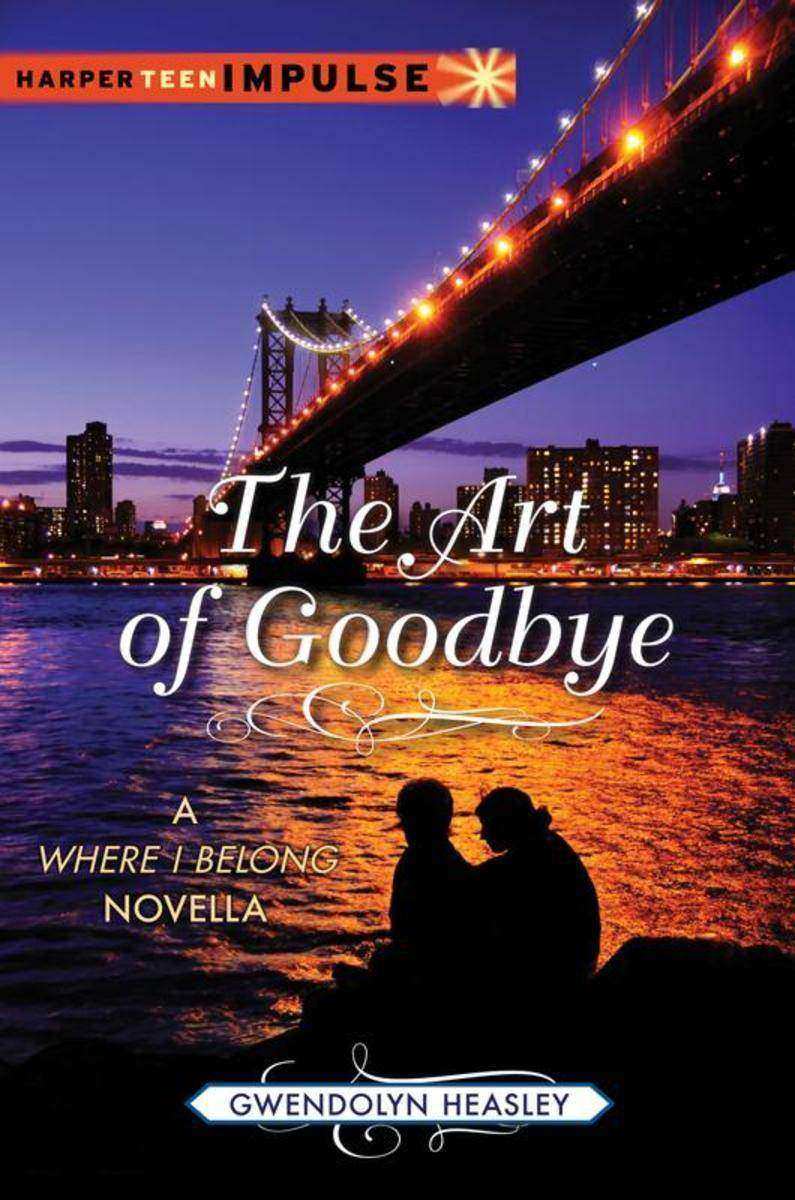
The Art of Goodbye
¥21.73
The heroine of Where I Belong is back in The Art of Goodbye, a romantic digital original novella about first loves and second chances.It's Corrinne Corcoran's last night in town before heading off to college, and she's determined it'll be the most epic night ever. She's planned every detail of each hour of the night, from what dresses she'll wear, to what parties she'll hit, to which of her best friends will be with her. But Corrinne's perfect plan for her last night in New York goes awry when she runs into a ghost from her past, and the boy she's never been able to forget—her ex-boyfriend, Bubby, from Broken Spoke. And Corrinne starts to wonder if her expertly planned goodbye to New York City was as perfect as it seemed. . . . Set over the twelve-hour period before Corrinne sets off for college, The Art of Goodbye will make you believe that true love can find you when you're least expecting it . . . again.Epic Reads Impulse is a digital imprint with new releases each month.

The Divergent Series Complete Collection 分歧者系列(套装共3册)
¥320.56
All three books in the #1?New York Times?bestselling Divergent trilogy are available together for the first time! Perfect for gift givers, collectors, and fans new to the series, the collection includes Divergent, Insurgent, and Allegiant, as well as bonus content: a 48-page guide to the series, including Faction Manifestos, a Faction Quiz and Results, a Q&A with Veronica Roth, playlists, discussion questions, series inspirations, and much more!Divergent: One choice can transform you. Veronica Roth's #1?New York Times?bestselling debut is a gripping dystopian tale of electrifying choices, powerful consequences, unexpected romance, and a deeply flawed "perfect society."Insurgent: One choice can destroy you. Veronica Roth's second #1?New York Times?bestseller continues the dystopian thrill ride. As war surges in the factions all around her, Tris attempts to save those she loves—and herself—while grappling with haunting questions of grief and forgiveness, identity and loyalty, politics and love.Allegiant: The explosive conclusion to Veronica Roth's #1?New York Times?bestselling Divergent trilogy reveals the secrets of the dystopian world that has captivated millions of readers.

Vanished
¥101.00
Gone Girl meets Pretty Little Liars in the first book of this fast-paced psychological thriller series full of delicious twists and turns.Friendship. Obsession. Deception. Love.Kalah knows better than to fall for Beth Taylor . . . but that doesn't stop her from falling hard and falling fast, heart first into a sea of complications.Then Beth vanishes. She skips town on her eighteenth birthday, leaving behind a flurry of rumors and a string of broken hearts. Not even Beth's best friend, Britney, knows where she went. Beth didn't even tell Kalah good-bye.One of the rumors links Beth to Britney's boyfriend, and Kalah doesn't want to believe the betrayal. But Brit clearly believes it—and before Kalah can sort out the truth, Britney is dead. When Beth finally reaches out to Kalah in the wake of Brit's suicide, Kalah wants to trust what Beth tells her. But she's swiftly realizing that nothing here is as it seems. Kalah's caught in the middle of a deadly psychological game, and only she can untangle the deceptions and lies to reveal the unthinkable truth.
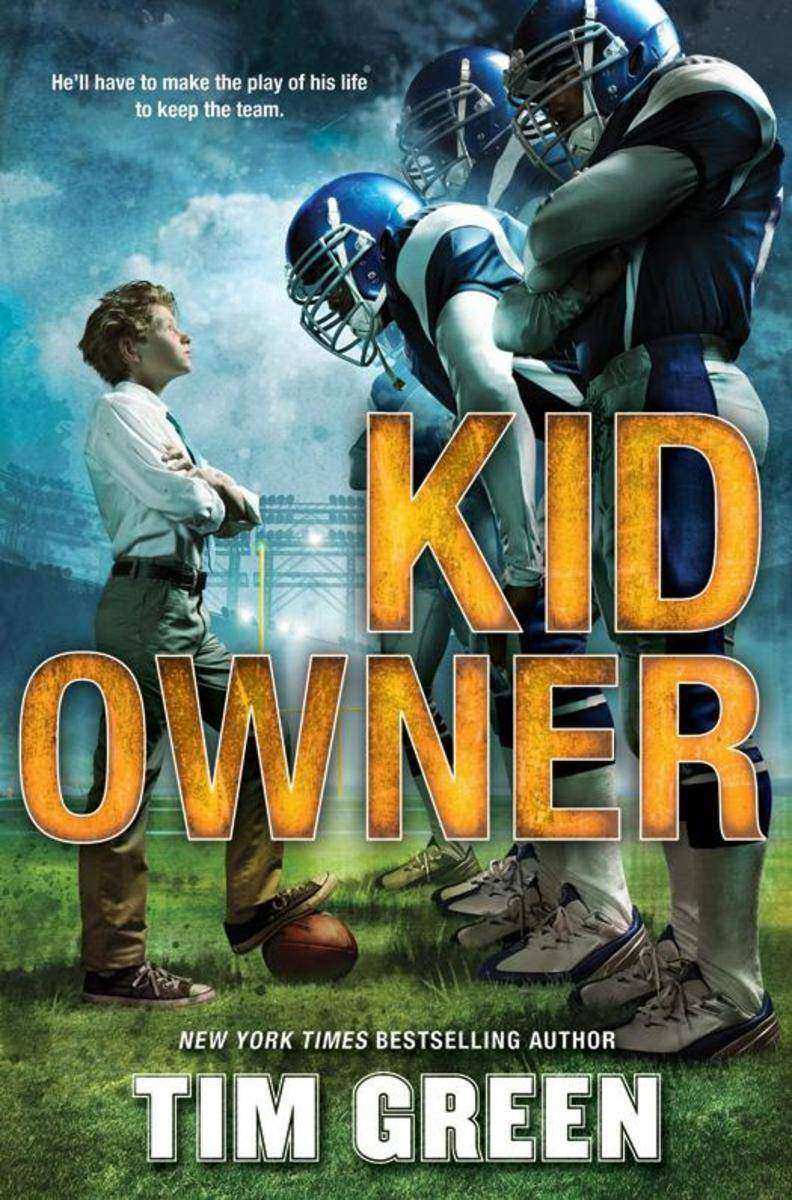
Kid Owner
¥94.10
From New York Times bestselling author and former NFL player Tim Green comes a riveting new stand-alone football novel.When Ryan's estranged father unexpectedly dies, Ryan learns that he has inherited the Dallas Cowboys. With his new role as owner of this NFL team, Ryan has high hopes that he can be more than just a middle-school misfit. Maybe he can even get off the bench and into the starting lineup of his own football team.With the help of his friends Jackson and Izzy, Ryan takes advantage of his newfound stardom. He convinces his coach to use a tricky passing offense that plays to Ryan's strengths.But just when things are looking up, Ryan's nasty stepmother makes a legal play to make her own son the Cowboys' kid owner. With drama heating up both on and off the field, Ryan quickly realizes he may lose much more than just the Dallas Cowboys.
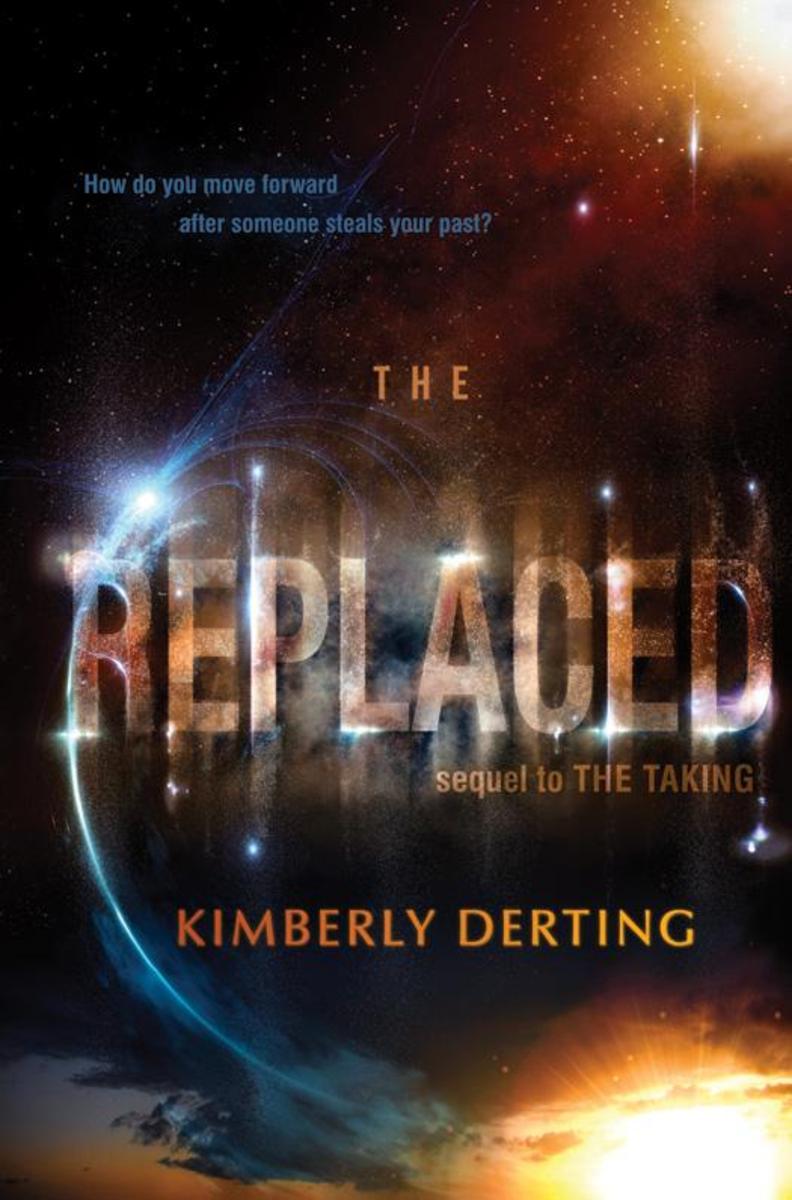
The Replaced
¥55.33
The gripping second installment in the Taking trilogy is perfect for fans of The Fifth Wave and the Body Finder series. Explosive and romantic, with creepy, otherworldly elements and twisty, psychological thrills, The Replaced will have you questioning what exactly it means to be human. Kyra hasn't been the same since she returned from her mysterious five-year disappearance. Now, on the run from the NSA, Kyra is forced to hide out with others who, like her, have been Returned. Yet she is determined to find Tyler, the boy she loves who was also abducted . . . all because of her. When her group intercepts a message that Tyler might still be alive, Kyra risks everything to get him back. But he is being held by a shadowy government organization that experiments on the Returned, and going after him puts the rest of the group in danger. Even if Kyra gets Tyler back, the fight to save him—and the rest of the Returned—is just beginning.
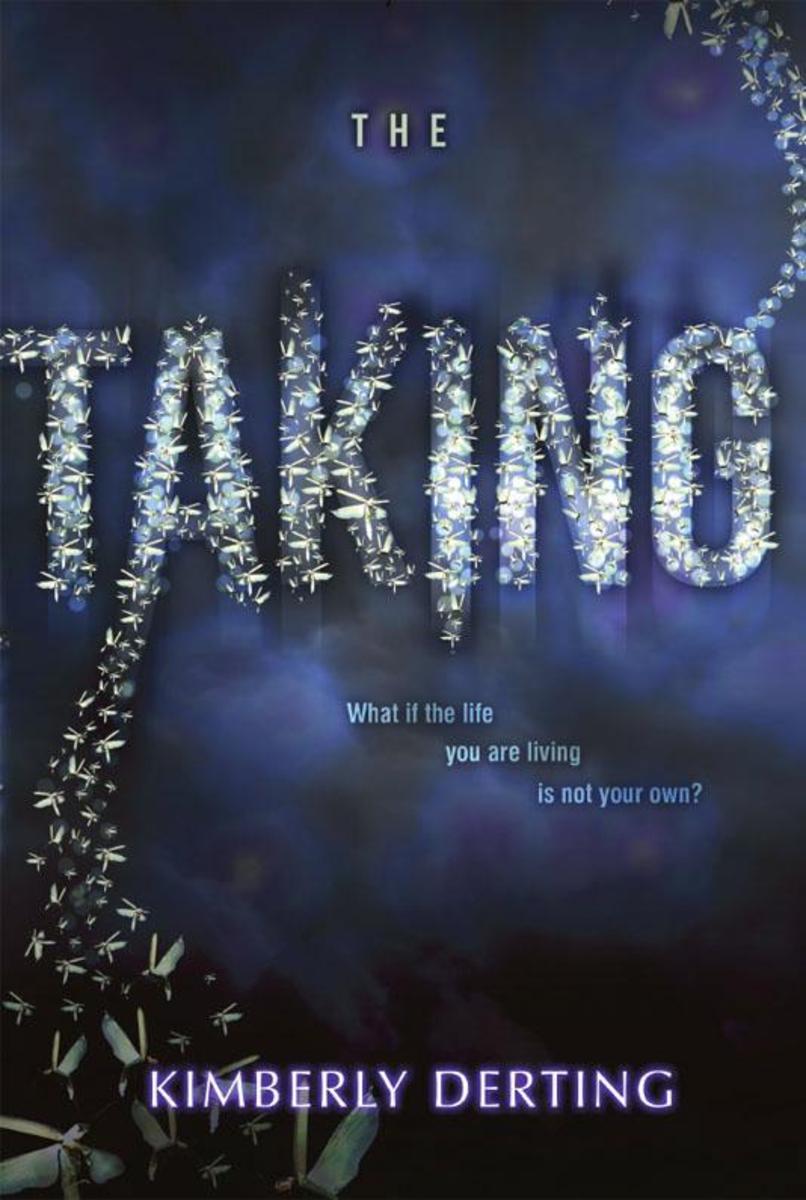
The Taking
¥56.08
The Unbecoming of Mara Dyer meets The Fifth Wave in this chilling and explosive new series from author Kimberly Derting. The last thing Kyra Agnew remembers is a flash of bright light. She awakes to discover that five whole years have passed. Everyone in her life has moved on—her parents are divorced, her boyfriend is in college and dating her best friend—but Kyra's still the sixteen-year-old she was when she vanished. She finds herself drawn to Tyler, her boyfriend's kid brother, despite her best efforts to ignore this growing attraction. In order to find out the truth, the two of them decide to retrace her steps from that fateful night. They discover that there are others who have been "taken," just like Kyra. But Kyra is the first person to have been returned past the forty-eight-hour taken mark. With a determined secret government agency after her, Kyra desperately tries to find an explanation and reclaim the life she once had . . . but what if the life she wants back is not her own?

Even in Paradise
¥56.08
The Great Gatsby meets Looking for Alaska in this stunning debut novel.When Julia Buchanan enrolls at St. Anne's at the beginning of junior year, Charlotte Ryder already knows all about her. Most people do . . . or think they do. Charlotte certainly never expects she'll be Julia's friend. But almost immediately, she dives headfirst into the larger-than-life new girl's world—a world of midnight rendezvous, dazzling parties, palatial vacation homes, and fizzy champagne cocktails. And then Charlotte meets, and begins falling for, Julia's handsome older brother, Sebastian. But behind Julia's self-assured smiles and toasts to the future, Charlotte soon realizes, she is still suffering from a tragedy. A tragedy that the Buchanan family has kept hidden . . . until now.With inspiration drawn from Evelyn Waugh's Brideshead Revisited, Chelsey Philpot's moving debut novel perfectly captures the intensity, the thrill, and the heartbreak of our too-brief friendships and loves.

To Hold the Bridge
¥100.71
An entertaining short-story collection from bestselling fantasy author Garth Nix, including an Old Kingdom novella, a short story set in the same world as Shade's Children, and another story set in the world of A Confusion of Princes.Garth Nix is renowned for his legendary fantasy works, but To Hold the Bridge showcases his versatility as the collection offers nineteen short stories from every genre of literature including science fiction, paranormal, realistic fiction, mystery, and adventure. Whether writing about vampires, detectives, ancient spirits, or odd jobs, Garth Nix's ability to pull his readers into new worlds is extraordinary.
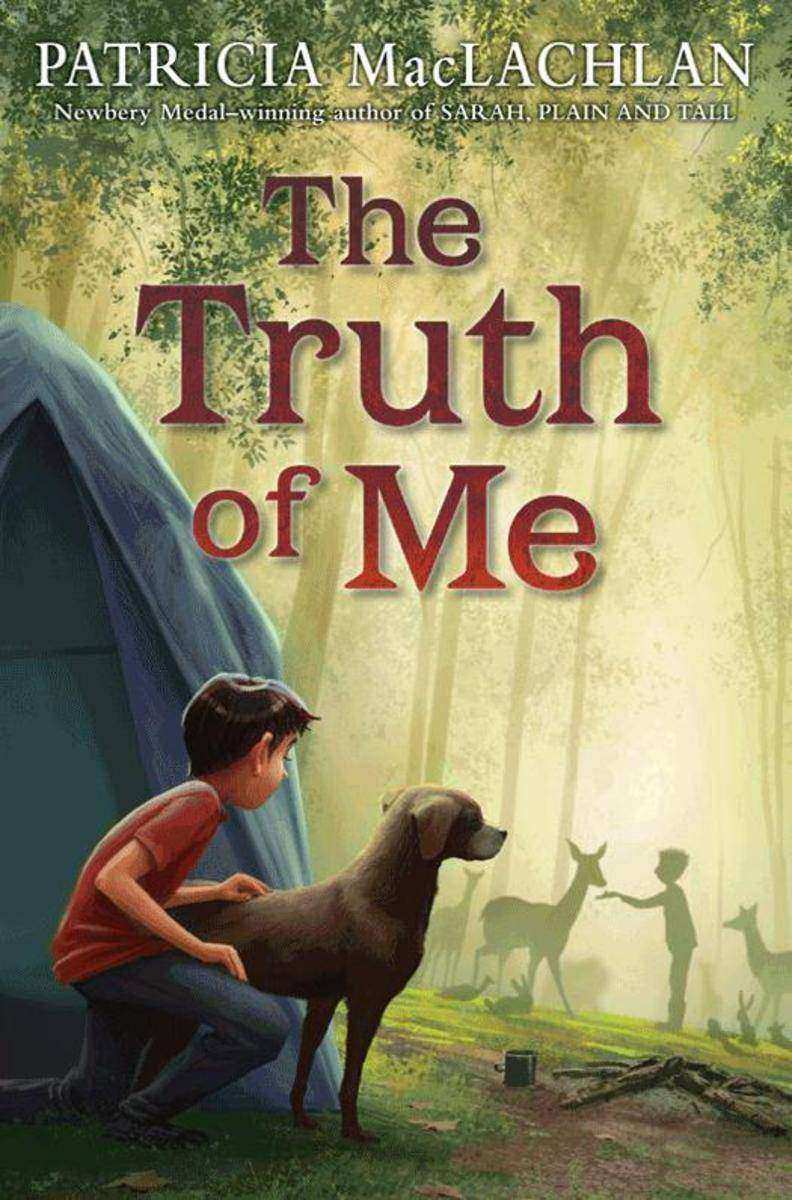
The Truth of Me
¥38.72
When Robbie spends the summer at his grandmother Maddy's house, he revels in his grandmother's easy, relaxed ways. Robbie has always felt as if something is missing in his life—his parents don't always act like they love him. Maddy helps him understand that an experience his mother had long ago is at the heart of the problem in his family. With this knowledge, Robbie finds the courage to try to make things right.This poignant story from beloved author Patricia MacLachlan celebrates how our unique "small truths" make each of us magical and brave in our own ways.Publishers Weekly Best Children's BookALA Booklist Notable Children's Books NomineeNew York Public Library's 100 Titles for Reading and Sharing

Proxy
¥10.71
Proxy is an action-packed introduction to a world like nothing readers have seen before, and it sets a spark to the powder keg that will explode in Mindee Arnett's sci-fi thriller Avalon.If you need something stolen from any star system in the Confederation, you need look no further than the Shades. Jeth Seagrave and his band of teenage mercenaries have been making a name for themselves for being able to steal anything—and for disappearing before anyone is the wiser. Their latest job, a jewel heist on Grakkus, should be no different. But when Jeth's boss replaces a key member of his crew just before takeoff, and Jeth discovers a betrayal within his own ranks, he begins to suspect that not everyone is going to be coming back from his job alive.Epic Reads Impulse is a digital imprint with new releases each month.
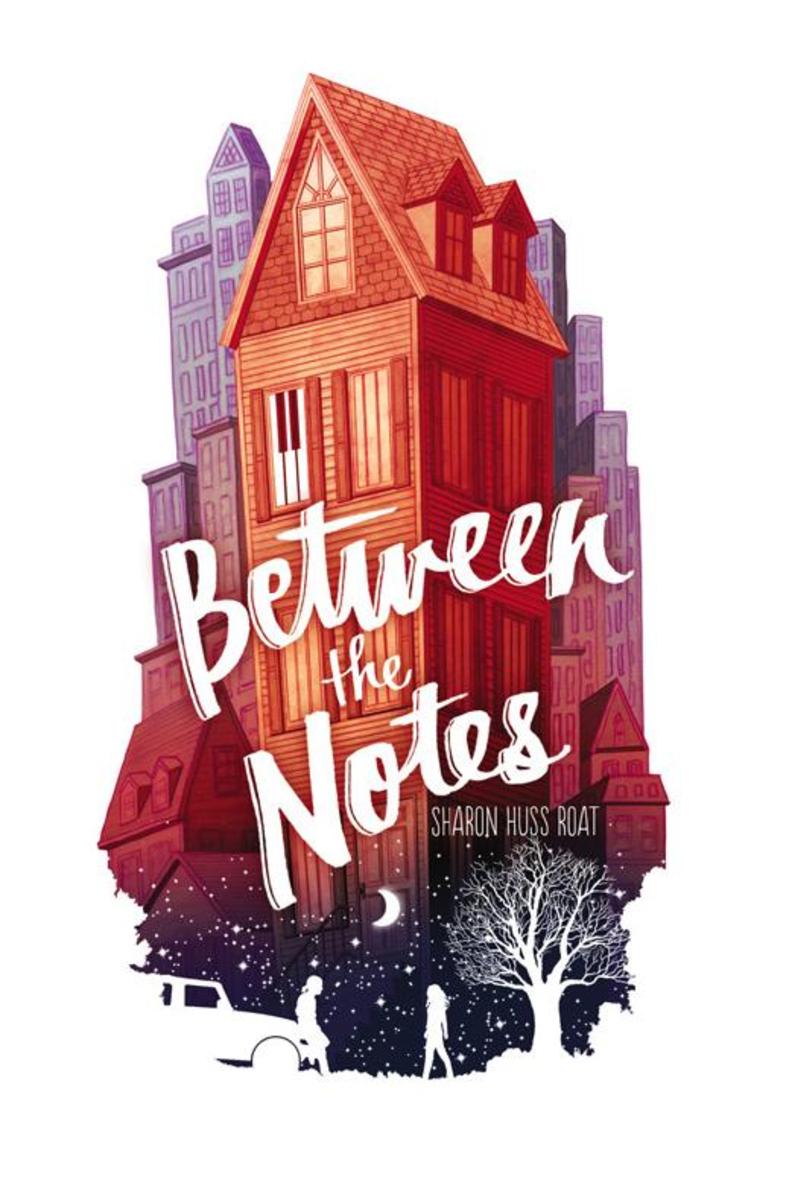
Between the Notes
¥99.65
After Ivy is forced to move to "the wrong side of the tracks" due to economic hard times, she discovers that not everything—or everyone—is what they seem, even herself. Fans of Jenny Han and Sarah Dessen will love this funny, poignant, and relatable story.When Ivy Emerson's family loses their house—complete with her beloved piano—the fear of what's to come seizes her like a bad case of stage fright. Forced to give up her allowance, her cell phone, and the window seat in her lilac-colored bedroom, Ivy moves with her family from her affluent neighborhood to Lakeside, aka "the wrong side of the tracks." Hiding the truth from her friends—and the cute new guy in school, who may have secrets of his own—seems like a good idea at first. But when the bad-boy-next door threatens to ruin everything, Ivy's carefully crafted lies begin to unravel . . . and there is no way to stop them.Once things get to the breaking point, Ivy turns to her music, some surprising new friends, and the trusting heart of her disabled little brother. And she may be surprised that not everyone is who she thought they were . . . including herself.
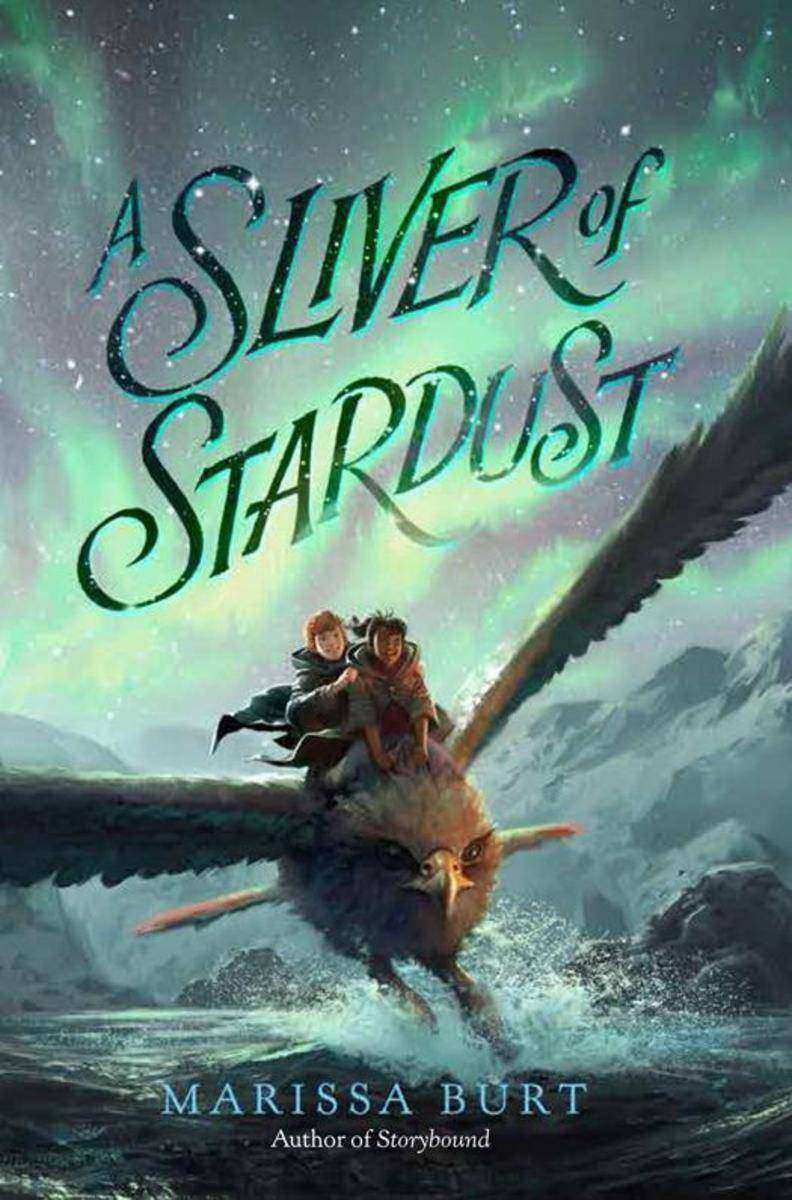
A Sliver of Stardust
¥95.39
From Marissa Burt, author of Storybound, comes a richly imagined middle grade fantasy full of magic, intrigue, and imaginative twists. A Sliver of Stardust is the perfect next adventure for fans of A Wrinkle in Time and The Emerald Atlas.Wren Matthews thought she'd outgrown nursery rhymes a long time ago. But that was before she knew that songs of twinkling little stars and four-and-twenty blackbirds were the key to an ancient, hidden magic.Wren's discovery catapults her into a world of buried secrets, strange dreams, and a mountain fortress under an aurora-filled sky. But just as she starts to master her unique abilities, her new world begins to crumble around her . . . and only she can save it.
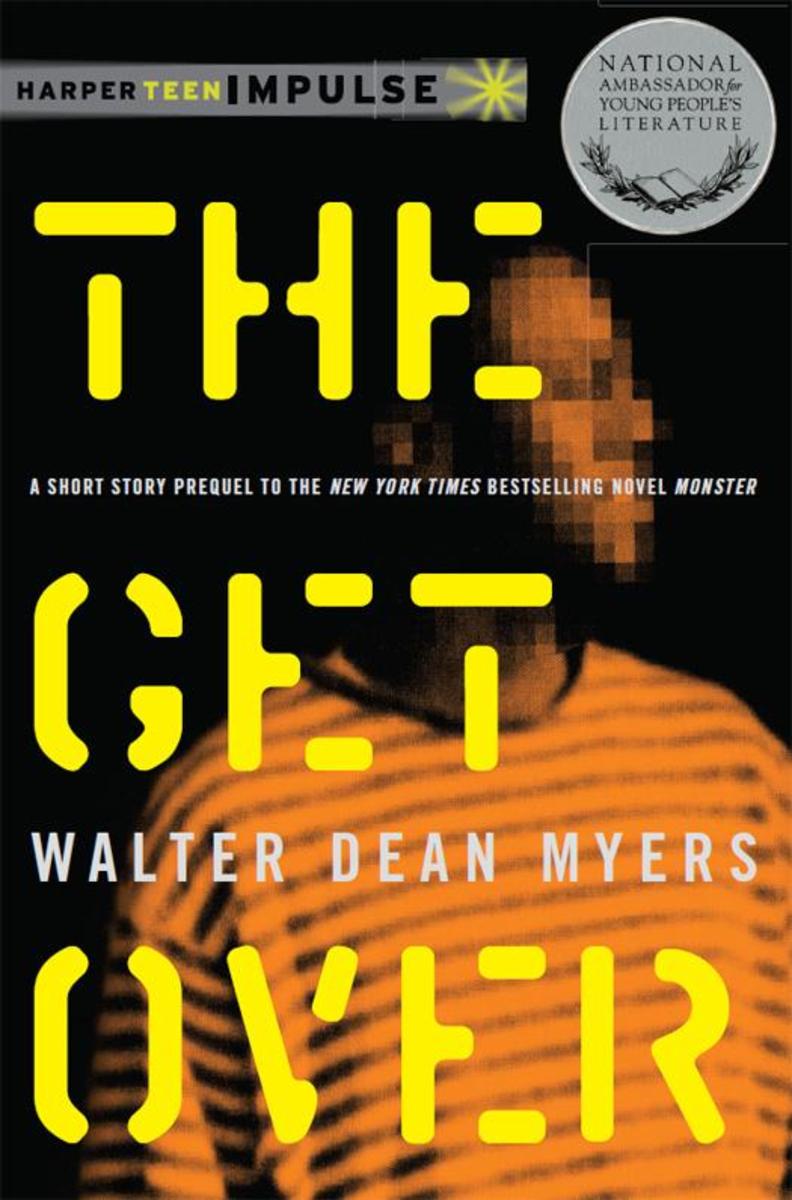
The Get Over
¥10.83
From beloved author Walter Dean Myers, this original 20-page short story serves as a prequel to his award-winning novel Monster, which has been read and loved by millions of readers.Word on the street is that a robbery is about to go down in Harlem, and Steve Harmon is right in the middle of it. Everyone is trying to prove who's the toughest. Steve gets caught up in the talk and wonders about the difference between right and wrong. Should he turn these guys inStay quietWhat choice will Steve make?Walter Dean Myers was the New York Times bestselling author of Monster, the winner of the first Michael L. Printz Award; a former National Ambassador for Young People's Literature; and an inaugural NYC Literary Honoree. Myers received every single major award in the field of children's literature. He was the author of two Newbery Honor Books and six Coretta Scott King Awardees. He was the recipient of the Margaret A. Edwards Award for lifetime achievement in writing for young adults, a three-time National Book Award Finalist, as well as the first-ever recipient of the Coretta Scott King–Virginia Hamilton Award for Lifetime Achievement.Epic Reads Impulse is a digital imprint with new releases each month.

Warriors Super Edition: Moth Flight's Vision
¥44.73
Warriors Super Edition: Moth Flight's Vision is an epic stand-alone adventure in Erin Hunter's #1 nationally bestselling Warriors series! Set after the events of the Dawn of the Clans prequel arc, this Super Edition follows WindClan's first medicine cat, Moth Flight, on a quest that changes the shape of the warrior Clans forever.The five warrior Clans are newly formed, and the forest is at peace—but in WindClan, one young cat is troubled by strange visions that will lead her to a destiny no cat could have predicted.?Join the legion of fans who have discovered the epic adventures, fierce warrior cats, and thrilling fantasy world of the mega-bestselling Warriors series. This stand-alone entry is perfect for new readers and dedicated fans alike.Moth Flight's Vision also includes an exclusive ten-page Warriors manga adventure!

Warriors Super Edition: Bramblestar's Storm
¥44.73
An epic stand-alone adventure in Erin Hunter's #1 nationally bestselling Warriors series! In this never-before-told story, return to ThunderClan after the events of the fourth Warriors series, Omen of the Stars.The Dark Forest has been defeated, and Bramblestar is now leader of ThunderClan. But the warrior cats must learn to weather a new kind of storm—or all four Clans will be swept away.Join the legion of fans who have discovered the epic adventures, fierce warrior cats, and thrilling fantasy world of the mega-bestselling Warriors series. This stand-alone entry is perfect for new readers and dedicated fans alike.Bramblestar's Storm also includes an exclusive ten-page Warriors manga adventure and a sneak peek at Warriors: A Vision of Shadows #1: The Apprentice’s Quest!

Undone
¥54.42
Riveting and romantic, Undone: An Unraveling Novella contains three short stories set in the world of Unraveling, the first book in the gripping sci-fi duology by Elizabeth Norris.Before Ben Michaels saved Janelle Tenner's life, Janelle saved Ben when he stumbled through an interuniverse portal into a completely new world. That day, he fell in love with the girl of his dreams. And he never forgot her.Through three stories told from Ben's point of view, learn how Ben and his friends discovered their ability to travel between worlds, how Ben first met Janelle, and how he pined for her for years before he actually got the chance to meet her, save her life, and capture her heart. And find out what happens to Ben between the cliff-hanger conclusion of Elizabeth Norris's Unraveling and the beginning of its heart-stopping sequel, Unbreakable.Epic Reads Impulse is a digital imprint with new releases each month.

Survivors: Alpha's Tale
¥65.33
A sixty-page novella set in the world of the bestselling Survivors series by Erin Hunter! Since the first action-packed Survivors novel, readers have been clamoring for more of the dogs and the world they love. In this original prequel, readers will get a behind-the-scenes look at the story of Alpha, the fierce half-wolf who leads the Wild Pack.Long before the Big Growl struck, Alpha was born the only half-dog in a pack of wolves. The other wolves made him suffer for it—until he swore he would never be the runt of a Pack again. . . . Survivors: Alpha's Tale also includes a teaser chapter to Survivors #5: The Endless Lake.




 购物车
购物车 个人中心
个人中心



